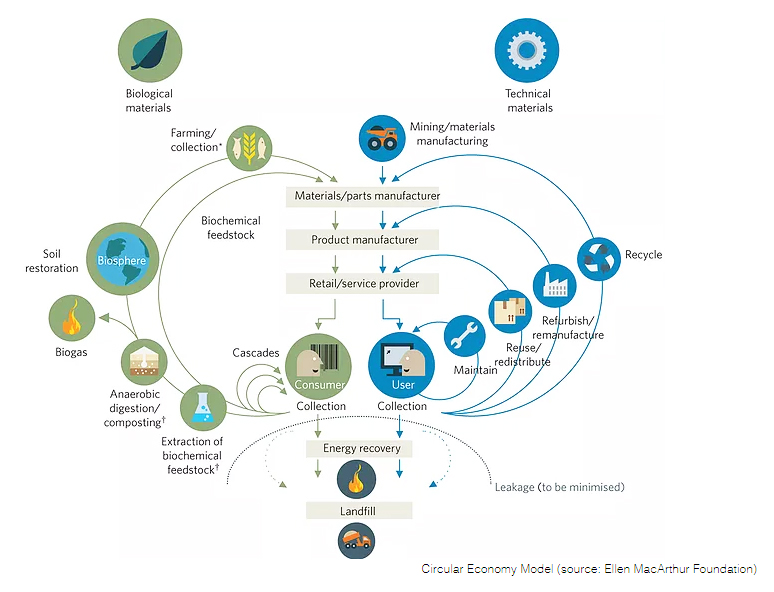
Duration of the training: 1 year (2 semesters) for those who have completed the educational and qualification bachelor`s degree in Economics and 3 semesters for graduates with educational and qualification bachelor`s or master`s degrees in other professional areas. Professional Qualification: Master of Economics. The training is conducted in Bulgarian language. The syllabus includes master classes with the participation of foreign scientists and practitioners. Interactive learning methods that include multimedia presentation of lectures, discussions, teamwork, business and role plays, case studies, etc. are applied.

Profile of the specialty: Master`s degree programme in Circular Economy offers specialized training on current issues of resource efficiency by applying waste-free, low-energy and green technologies, environmental protection and waste management in accordance with international, European and national criteria and requirements. The training of the students in the master`s degree programme in Circular Economy is conducted in accordance with the European Credit Transfer and Accumulation System (ECTS), which enables mobility of students and lecturers.
The syllabus includes master classes with the participation of foreign scientists and practitioners. Interactive training methods, which include multimedia presentation of lectures, discussions, teamwork, business and role games, case studies, etc., are mostly used.
The master`s degree programme is intended for training of students, managers and experts with professional interests and responsibilities in the field of ecology, efficient use of resources and sustainable development of the regions. For this purpose, the training includes basic and specialized courses, which develop the students knowledge and skills in the fields of ecology and sustainable development, circular economy and project management.
The graduates with a master`s degree received in the master`s degree programme in Circular Economy can work as managers and specialists in the state and local administration, international and national financial organizations, as well as in manufacturing and trading companies with international activities. The programme offers a broad profile of the knowledge and skills relevant to the modern European Union activities at a macro and micro level.

Dear Prof. Nedyalkova,
Education plays an important role in developing experts in circularity, and thus increasing our understanding ofthe opportunities we have ahead. In particular, Ī firmly believe the circular economy will change the way we think about economic relations, society, and our relations with the environment. New educational pathways aiming at fostering creative thinking and the crucial ability to connect the dots across disciplines, ectors and value-chains will prove crucial to complement current and future policy efforts at EU and Member States level.
I would therefore like to express my appreciation for the innovative Master’s Degree on circular economy that Varna Free University will establish in the upcoming months. I read with pleasure the Master’s description and its multidisciplinary approach in particular, covering policy, legal, economic as well as scientific aspects related with the circular economy transition we are shaping.
EU financing opportunities are currently available, especially in relations to funding managed by European Commission’s Directorate General for Education, Youth, Sport and Culture, as well as the Directorate General for Research and Innovation.
I encourage you to visit the respective websites to verify whether you are eligible to receive financial support.
I would also like to mention that the European Commission, in cooperation with the European Economic and Social Committee, launched the European Circular Economy Stakeholder Platform. It is a virtual open space that aims at promoting Europe's transition to a circular economy by facilitating dialogue and networking among stakeholders and by disseminating activities, information, good practices, and strategies on the circular economy.
I encourage you to visit the website and submit the description of your new Master’s Degree in the good practices section. This would benefit the University in terms of increased visibility within the European circular economy community; and it could be a good opportunity to find new partners and establish contacts with relevant circular economy stakeholders.
Last, please do not hesitate to send us additional information on the Programme’s inauguration ceremony.
